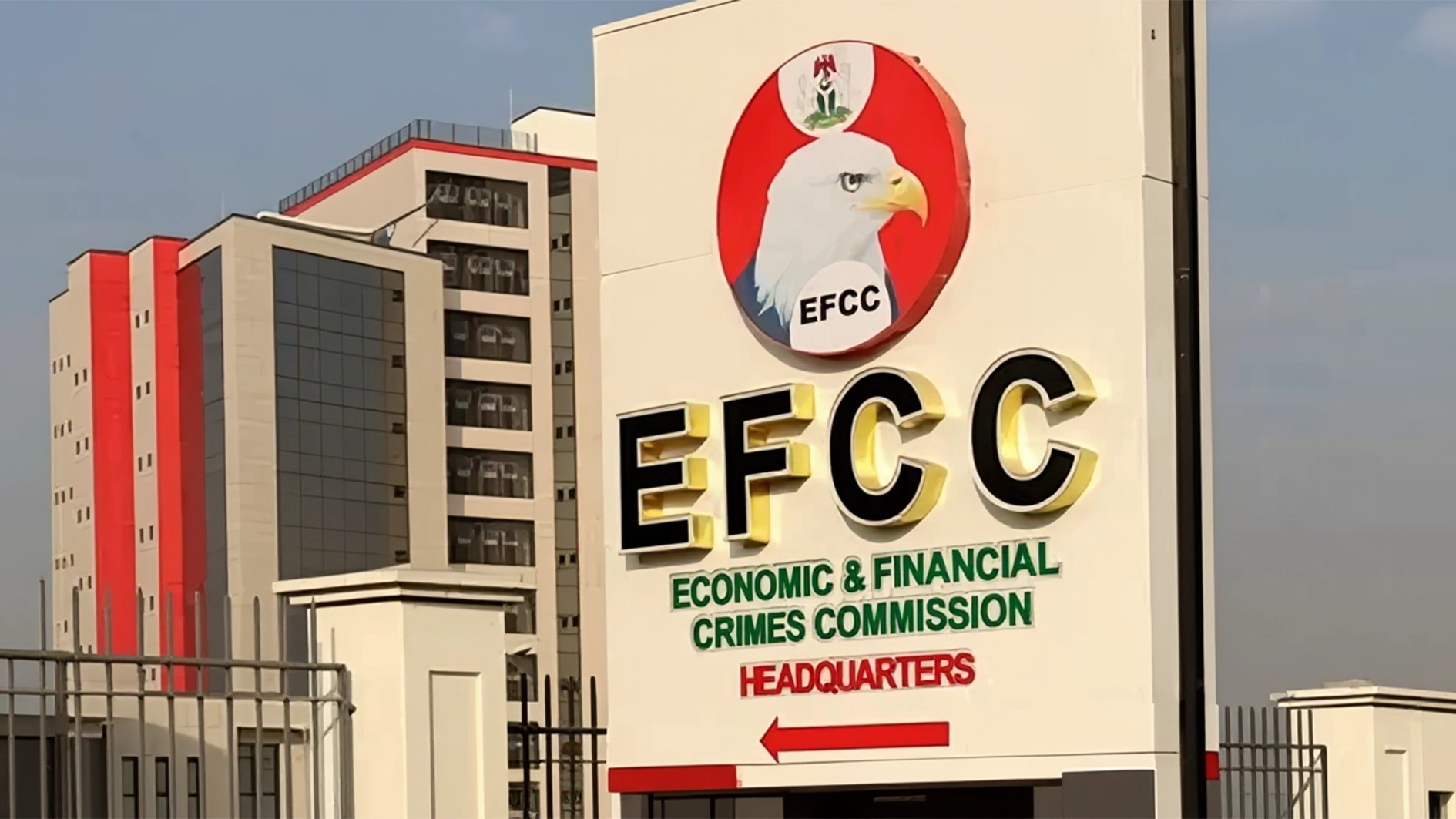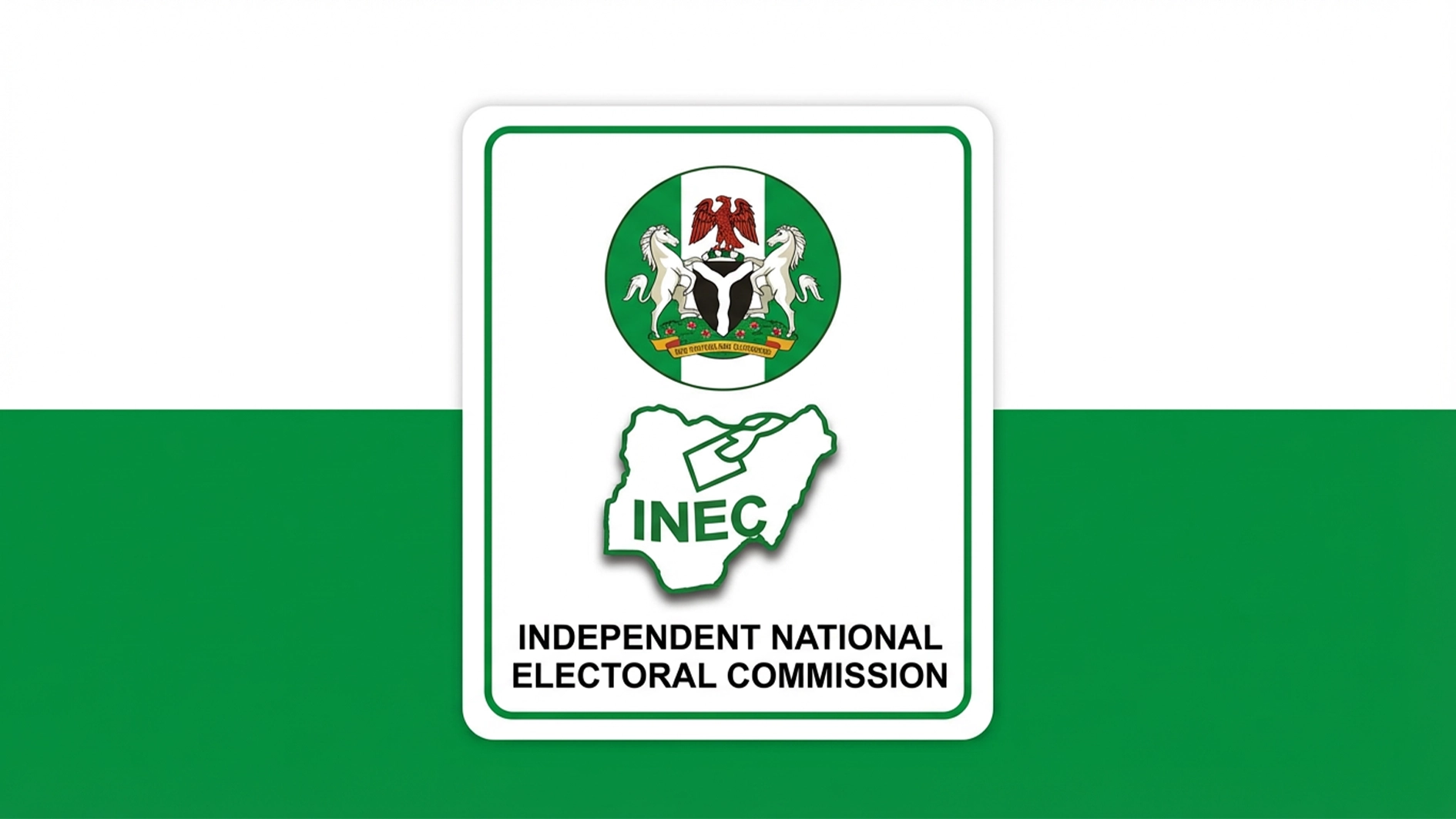The Edo and Gombe state governments said they have taken the lead in domesticating the Federal Government’s Electricity Act 2023 by establishing the Electricity Law 2024 to achieve major reforms in the power sector.
Several federal laws passed by the National Assembly have not been fully adopted or domesticated by all state governments, resulting in inconsistencies in their application across the country.
The Act introduces a range of key features, including liberalisation of Nigeria’s electricity generation, transmission, and distribution at the national level, empowering states, companies, and individuals to generate, transmit, and distribute electricity.
Under the Act, states can issue licences to private investors who may operate mini-grids and power plants within their territory. It, however, precludes interstate and transnational electricity distribution.
At a one-day workshop for the development of a policy framework for the electricity market in Edo State, the Commissioner for Water Resources and Energy, Dr Washington Osa Osifo, represented by the Permanent Secretary in the ministry, Mr Joseph Nyamali, said the state has established an inclusive, forward-looking and regulatory framework, which has led to the formation of Edo State Electricity Regulatory Commission.
Osifo called for collaboration with other critical stakeholders in the power sector to enhance workable policies and commitment to achieving positive results in energy delivery to consumers.
Also, while reacting to a survey on delays by states to domesticate laws passed by the National Assembly, the Gombe State Commissioner for Energy and Mineral Resources, Sunusi Ahmed, said the new law provided the state with full legal backing to independently regulate the generation, transmission, and distribution of electricity within its territory.
He stated that the state government was currently establishing its own regulatory body to oversee the operation of the state’s electricity market, after which a formal notification would be submitted to the National Electricity Commission.
According to Ahmed, the state government is executing the Balanga Dam Power Project, designed to produce 320 kilowatts of electricity in collaboration with development partners.
He stated that the state has provided N575 million, representing 30 per cent of the project’s cost, while the UN Development Organisation and the European Union will contribute 70 per cent.






